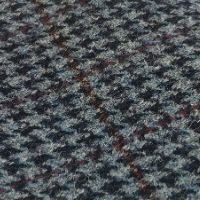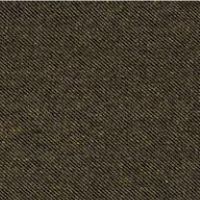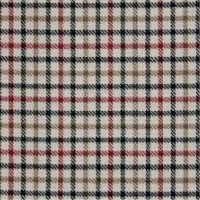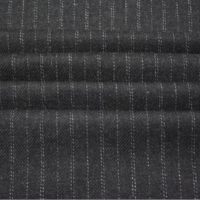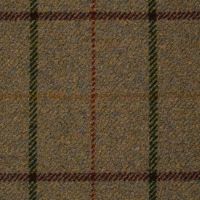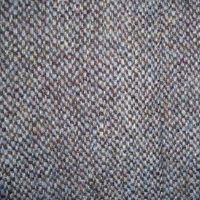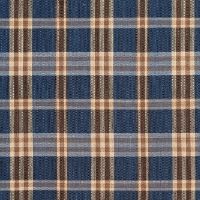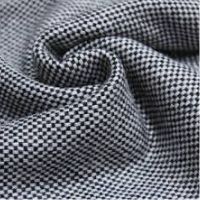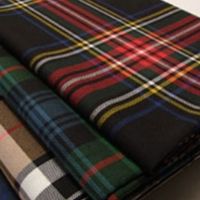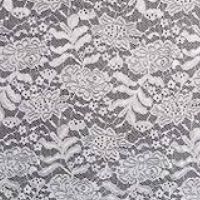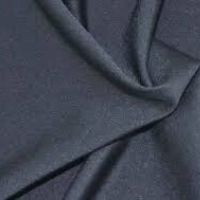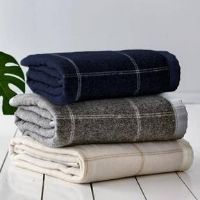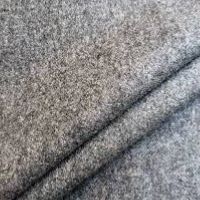
Blazer Fabrics supplied by us are breathable,durable and light in weight. Woven with high quality yarns our fabrics continue to drape for many years to come. Our mix of solids and checks, will keep your style versatile for every occasion. There is a high demand for these fabrics for garmenting, home furnishing, school uniforms, Theatre drapes and equestrian sports. They are accessible in different colours, weights and attractive designs as per our client’s requirements.

